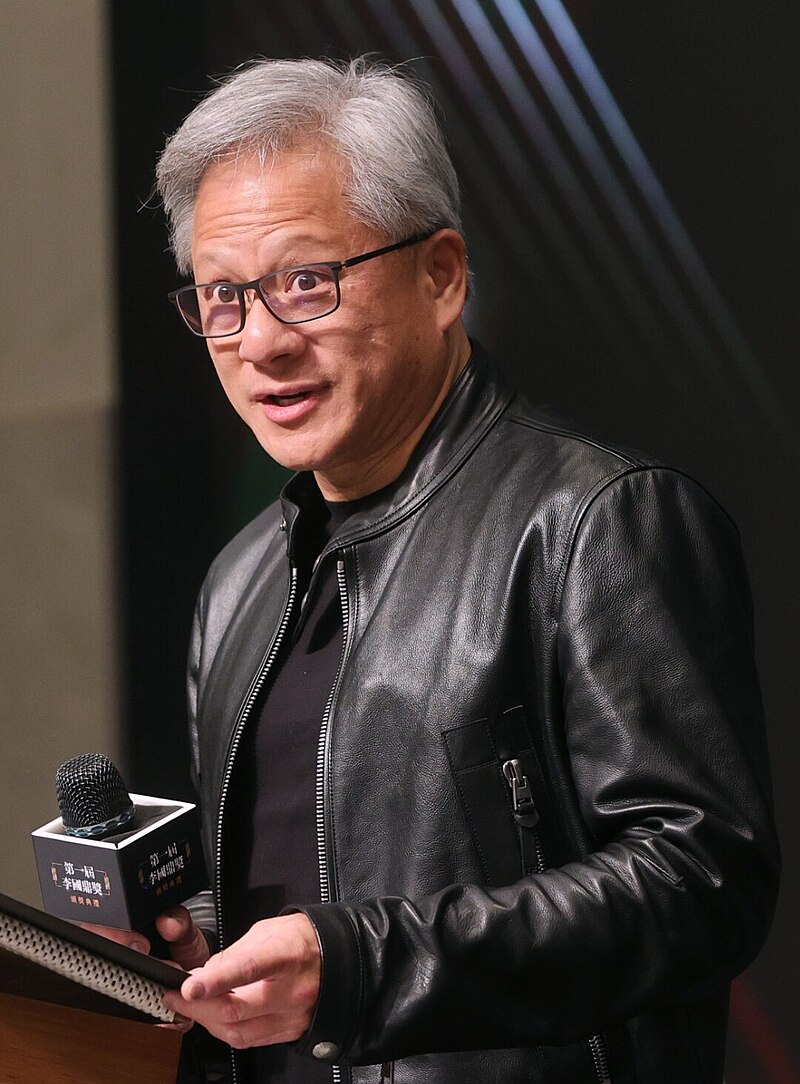Nvidia and AMD have agreed to hand over 15 per cent of revenues from specific chip sales to China to the US government in exchange for export licences, in what industry experts describe as an “unprecedented” arrangement.
Under the deal, Nvidia will pay the share from sales of its H20 chip, while AMD will do the same for its MI308 chip. Both products were developed for the Chinese market following the Biden administration’s 2023 export restrictions, but sales were effectively banned in April this year under the Trump administration, according to BBC reports.
The Financial Times first disclosed AMD’s arrangement, while Nvidia confirmed to the BBC that it has not shipped the H20 to China for months. “We follow rules the US government sets for our participation in worldwide markets,” the company said, adding that it hopes export control policies will still allow the US to compete globally. AMD has not commented, and the White House has also declined to respond.
The agreement follows months of lobbying by Nvidia chief executive Jensen Huang, who met US President Donald Trump last week. Security experts have warned that the H20 chip, while mostly purchased by civilian companies in China, could also be deployed by the Chinese military for AI-powered weapons, surveillance, and battlefield decision-making.
Charlie Dai, vice president at Forrester, called the revenue-sharing condition “unprecedented,” citing its high costs and strategic uncertainty for technology vendors amid persistent US–China trade tensions.
The move comes as Washington and Beijing signal some easing of trade friction. China has relaxed rare earth export controls, while the US has lifted restrictions on certain chip design software firms. In May, both countries agreed to a 90-day tariff truce, which is set to expire on 12 August without an extension yet confirmed.
Trump has pressed major corporations to increase domestic investment. Apple has pledged an additional $100bn, Micron Technology $200bn including a new plant in Idaho, and Nvidia up to $500bn for AI server production in the US, including the first fully American-made AI supercomputers.
Meanwhile, Intel chief executive Lip-Bu Tan is expected to meet Trump after the president called for his resignation over alleged ties to China — claims Tan has rejected as “misinformation.”


